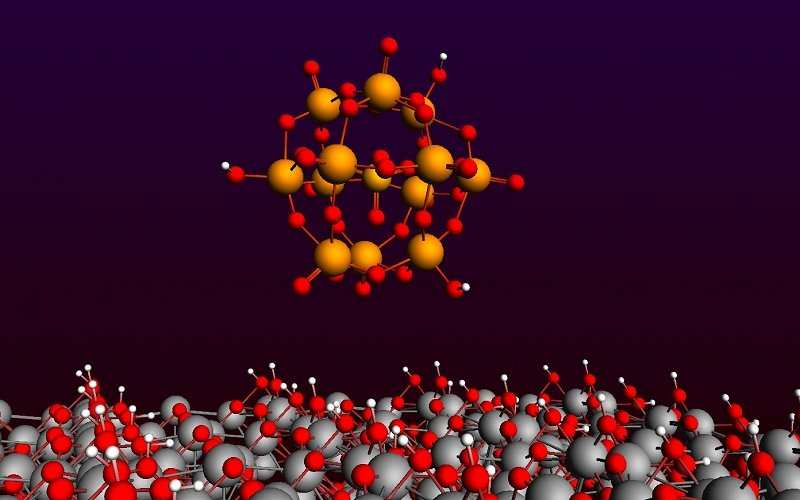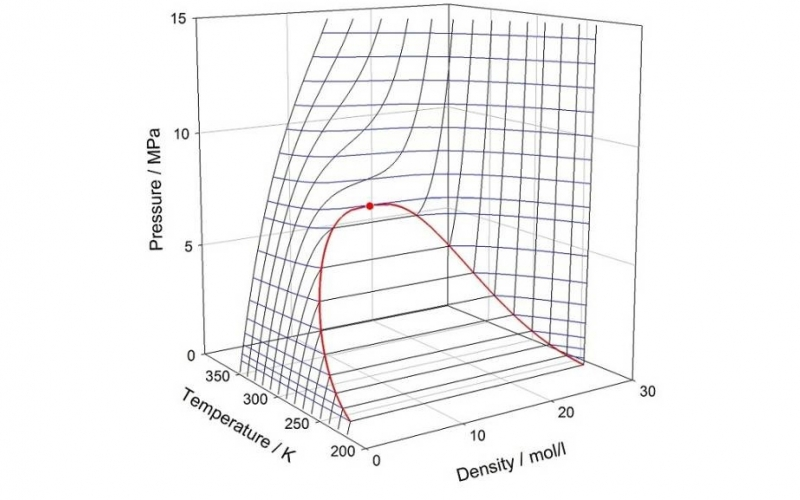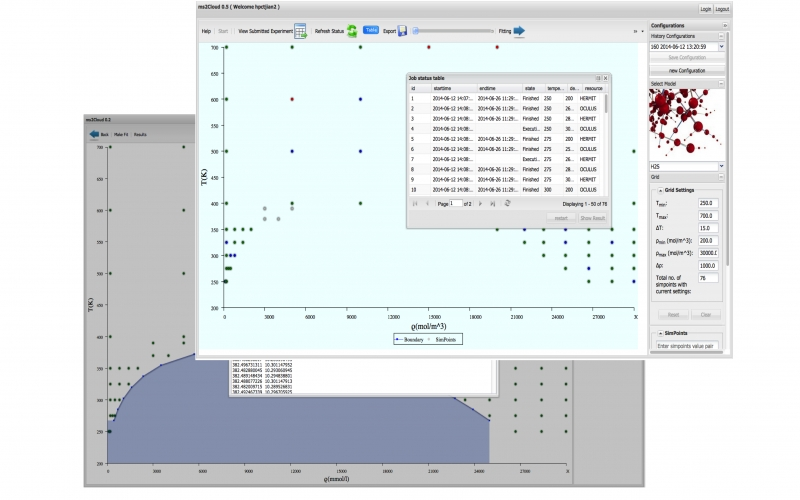HPC-Cloud-based molecular modelling




The Albemarle Corporation is a globally leading developer, manufacturer, and distributor of highly engineered speciality chemicals for a wide range of sectors, including petroleum refining, automotive, transportation, pharmaceuticals and food safety. Molecular modelling using HPC is a proven powerful tool, providing key information for the design of new chemicals and materials. This Case Study has demonstrated that the costs for the use of a Cloud-based-HPC system on a pay-per-use basis was approximately half that of owning and maintaining a sufficiently powerful in-house system, representing a yearly saving of €38,000.
The Company
The Albemarle Corporation is a globally leading developer, manufacturer, and distributor of highly engineered speciality chemicals for a wide range of sectors, including petroleum refining, automotive, transportation, pharmaceuticals and food safety. It serves customers in approximately 100 countries. Molecular modelling is a proven powerful tool, providing key information for the design of new chemicals and materials. The software for modelling large-scale molecular systems has applications in sectors such as electronics, organic chemistry, food, paints, dyes, adhesives and alloys and ceramics for the aerospace industry. Albemarle already uses HPC in the development of its products. However, it wants to improve its capability in this area through the use of CPU-GPU hybrid HPC platforms which offer significant benefits in terms of price-performance and power-performance, but to take advantage of this, the simulation codes used need some reprogramming.
The Challenge
The challenge is to port an existing simulation code so that it will run on a hybrid HPC platform. To demonstrate the successful porting and the benefits of using a hybrid HPC system a test case was chosen from the petroleum refining sector which involved the use of catalysts in the removal of sulphur from vehicle fuels.
The Solution
The solution involved not only the porting of the simulation code for the target computer system, but also the development of a simple user interface to prepare the models and their submission to the HPC system.
The Benefits
The case study demonstrated a successful port of a molecular modelling package to a hybrid HPC system with resultant cost benefits. The case study also demonstrated that the annual costs for the use of a Cloud-based HPC system on a pay-per-use basis was approximately half that of owning and maintaining a sufficiently powerful in-house system, representing a yearly saving of €38,000. As a result of this case study, Albemarle has allocated a significant budget for Cloud-based HPC computing for its next business year.
Molecular modelling is a proven powerful tool, providing key information for the design of new chemicals and materials.
Participating Organisations
End-user: Albemarle
ISV: Scientific Computing and Modelling
HPC Expert and Service Provider: SURFsara
